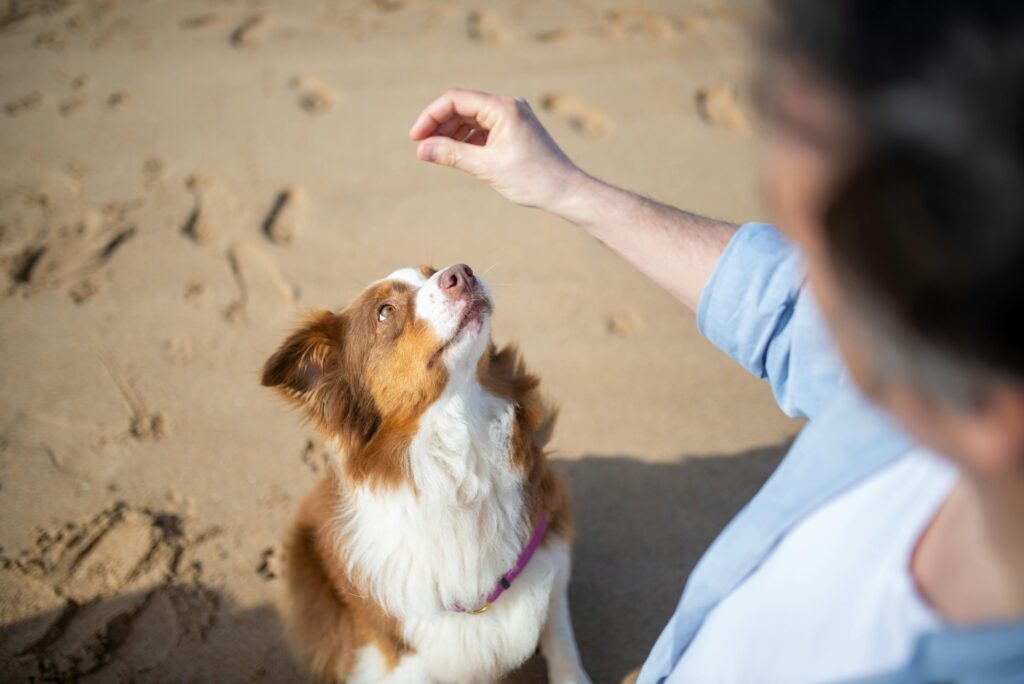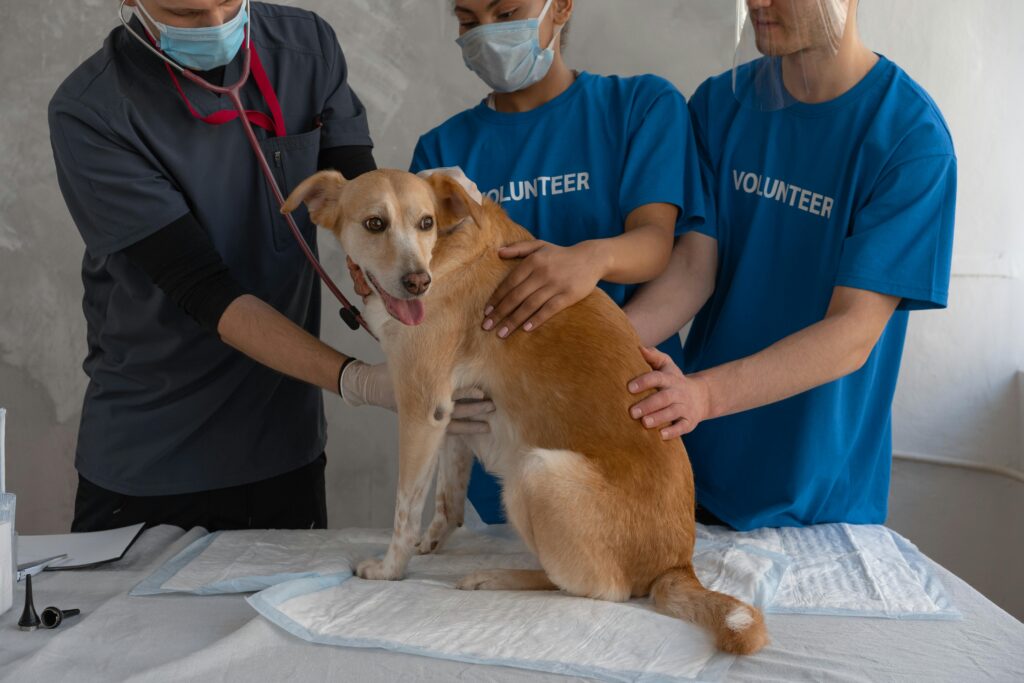
Training your puppy is one of the most rewarding parts of pet ownership, but it doesn’t always have to be structured and formal. By harnessing the power of play, you can turn training into an enjoyable and highly effective experience for both you and your puppy. Play-based training helps your furry friend develop essential obedience skills, stay engaged, and form a lasting bond with you.
In this article, we’ll explore how to use the power of play to elevate your puppy’s training routine while keeping it fun and exciting.
Why the Power of Play is Effective
The power of play lies in its ability to make learning enjoyable. Puppies are naturally curious and playful, making games the perfect way to teach them new skills. Here’s why play-based training works so well:
- Boosts focus: Puppies stay attentive when training sessions are interactive and fun.
- Encourages positive reinforcement: Associating commands with rewards during play builds a positive learning environment.
- Reduces stress: Play helps puppies feel relaxed and confident while learning.
- Strengthens the bond: Shared playtime fosters trust and communication between you and your puppy.
By using games as training tools, you’ll see faster results and a happier, more engaged puppy.
Transforming Play Into Training
1. Fetch for Obedience
Fetch is not just a fun game; it’s an excellent tool for teaching commands like “come,” “drop it,” and “stay.”
- Start by tossing a toy and encouraging your puppy to retrieve it.
- Before continuing the game, ask your puppy to follow a simple command, such as “sit” or “stay.”
- Reward them with praise or treats when they obey.
This game reinforces obedience and keeps your puppy engaged while burning off energy.
2. Tug-of-War with Boundaries
Tug-of-war is a great way to channel your puppy’s energy while teaching them self-control.
- Use a designated tug toy and establish rules for the game.
- Introduce commands like “take it” to start the game and “drop it” to pause.
- Reward your puppy when they follow the commands.
This game teaches your puppy to follow rules during play and strengthens their ability to listen, even in exciting situations.
3. Hide and Seek for Recall
Hide and seek is an enjoyable way to teach recall and build your puppy’s focus.
- Ask your puppy to “stay” while you hide in another room or behind furniture.
- Call their name and encourage them to find you.
- Reward them with treats or affection when they succeed.
This game improves your puppy’s ability to respond to verbal cues and strengthens their attention to your voice.
4. Puzzle Games for Mental Stimulation
Interactive toys and puzzles challenge your puppy’s mind while teaching problem-solving skills.
- Choose a treat-dispensing toy or puzzle designed for puppies.
- Encourage your puppy to figure out how to access the reward.
These games enhance focus, patience, and perseverance—valuable traits for any well-trained puppy.
5. Follow the Leader
Turn your walks or playtime into a training opportunity with this simple game.
- Use a treat or toy to guide your puppy and encourage them to stay close to you.
- Change directions frequently and reward them for following.
This game improves your puppy’s ability to focus on you and strengthens their recall skills.
Tips for Effective Play-Based Training
- Keep sessions short: Puppies have limited attention spans, so aim for 5-10 minutes per game.
- Be consistent: Use the same commands and rewards to help your puppy understand expectations.
- Start in low-distraction environments: Gradually introduce distractions as your puppy becomes more confident.
- Use high-value rewards: Treats, toys, and praise motivate your puppy to stay engaged.
- Celebrate successes: End each session on a positive note to keep your puppy eager to learn.
The Benefits of Play-Based Training
When you incorporate the power of play into your training routine, you’ll see improvements in your puppy’s behavior and development:
- Better focus and attention span: Play helps puppies stay engaged during training.
- Faster command retention: Fun activities make it easier for puppies to remember commands.
- Reduced behavioral issues: Play provides a healthy outlet for energy, minimizing destructive habits.
- Stronger bond with you: Shared playtime fosters trust and deepens your relationship.
Conclusion
The power of play transforms training into a joyful experience that benefits both you and your puppy. By incorporating games into your routine, you’ll teach essential obedience skills, build focus, and create a stronger bond with your furry friend.
Start exploring these playful techniques today, and watch as your puppy grows into a well-behaved, confident, and happy companion. With the right mix of fun and structure, training becomes a rewarding journey for both of you! Petsdogpuppy

